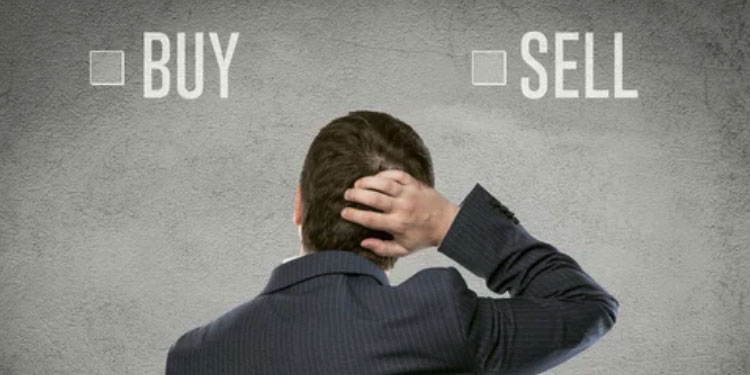When you arrive in a foreign country for the first time, you have to figure out how the transport system works, where to eat, and how much things cost. Until you get your bearings, you feel a little disempowered and out of place. It’s similar to people who decide to trade CFDs on the financial markets.
They’re not used to the pace at which things move, not accustomed to distinguishing important information from irrelevancies, and not even familiar with some of the language seasoned traders use.
In addition to spending time educating yourself on the basics, it’s also important to learn by experience, and sometimes, this means navigating through the occasional mistake. Novice traders should not be disheartened by mistakes, but rather learn from them. Before you trade CFDs or forex, explore the most common mistakes traders make and take stock of how they may affect you.
Randomly Selecting Instruments to Trade
No matter how much experience you have in online CFD trading, it’s generally a good idea to trade only those instruments or categories you’re familiar with. When you enter into trades with unknown instruments, you are forced to get all your guidance from other people, and their opinions may conflict with other analysts’ opinions, leaving you confused. It’s best to know enough to have your own feeling about the instruments you are trading, and it’s in this context that analysts’ views will help you the most.
Some people feel they should rush into trades with instruments that seem popular, or that are promoted in the news since everyone else appears to be benefiting from them. This is unwise, and one reason for this is that, by the time you hear all the publicity about an asset’s striking performance, it may already be overbought and due for a correction. Therefore, before you open any trade, make sure you’re familiar with three things about your instrument: what factors affect their market performance, how they’ve performed in the past, and what has affected their recent price movements.
Unclear Strategy
It’s not enough to have a general idea of how you plan to trade CFDs. You should write down the specifics of which instruments you will trade, how much money you are able to devote to it, and when you will find time to read market news and do your trading. Another thing to clarify is: Which risk management strategies will you be using? This itself will require some research on your part.
None of this is to say your strategy is set in stone. On the contrary, you will be consistently learning how to improve it with advanced techniques like technical analysis and enhanced trading routines. More than that, as your life circumstances and financial position change, so should your strategy. The point is not to let your strategy devolve into haziness.
Poor Choice of Broker
Your CFD and forex trading broker is your portal to the markets, an entity with which you will be spending a great deal of time and potentially investing money. Therefore, it’s of vital importance to do your homework and find a broker that meets your individual needs. For example, if you’re a newer trader, choose a broker with extensive educational materials to ensure you begin to trade with knowledge.
If you’re a more advanced trader, you’d likely want a broker with a customizable platform and advanced trading tools to streamline your trading experience.
No matter where you fall on the scale between the two, be sure to find a broker that is both regulated, meaning they’ll adhere to a high level of standards and conduct and one that offers a demo account so you can be sure it meets your needs before committing any money.
Learning From the Wrong People
So-called ‘trading experts’ are all over the social media sphere nowadays, but just because they say their advice is fool-proof doesn’t mean they can be trusted. Trading is risky, and when somebody claims they know the direction the markets will go with certainty, do not be taken in by their self-confidence.
Just search around a bit more and you’ll find someone predicting the opposite with an equally unflinching lip. For one thing, don’t be mesmerized by anybody’s claims of expertise and sterling track records.
For another, even those people who do have some expertise under their belts are not infallible. Ultimately, you will have to become your own guide, although it does help to read analysts’ opinions from time to time to gauge where the markets may go next.
The key is to find reputable sources (and anyone claiming to help you make lots of money is not reputable) and have the confidence to use their guidance to your advantage.
Summing Up
When it comes to online CFD and forex trading, your most effective tool is the willingness to learn. All trading comes with risk, which means you’re liable to make the occasional mistake.
Just also make it a habit to learn from each mistake and know that every trade contains a lesson, regardless of how it ends up.






















